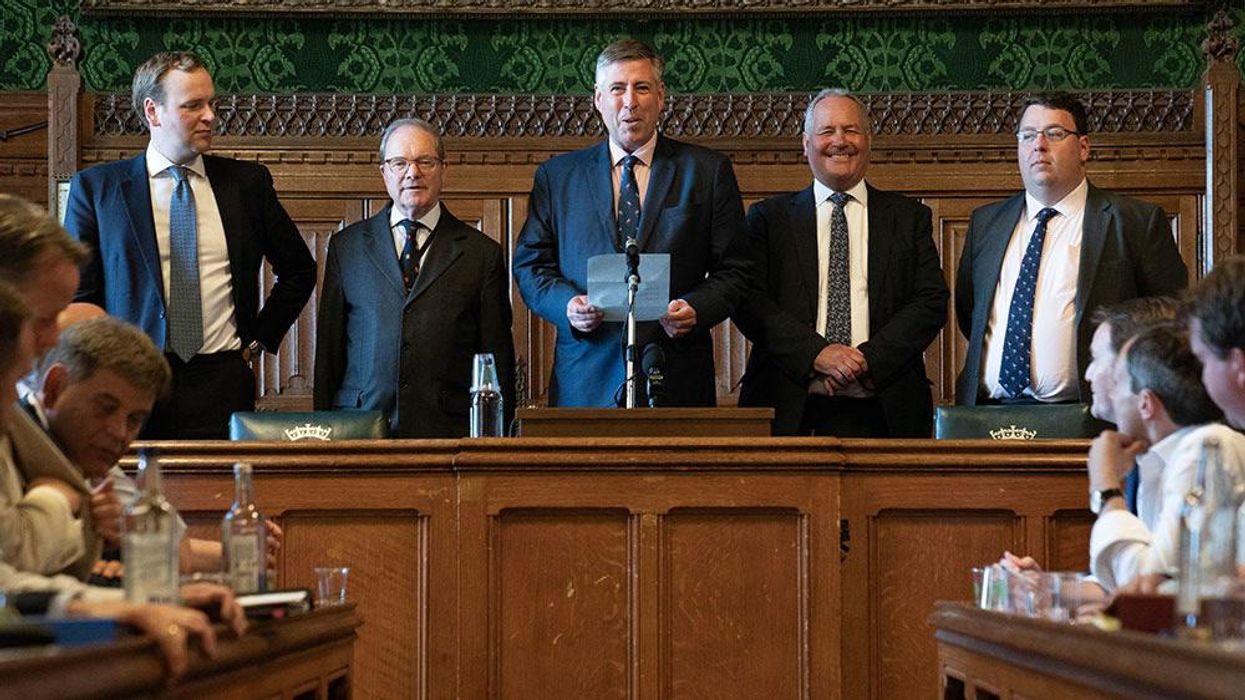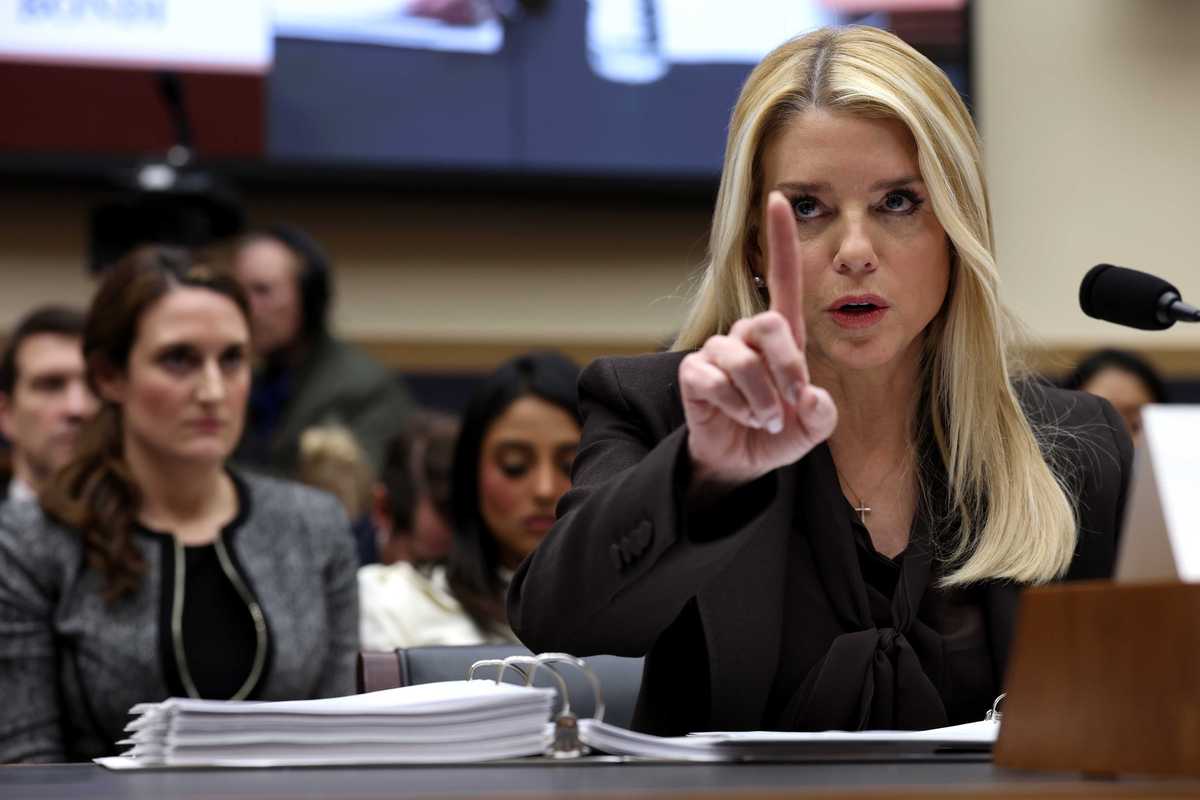Politics
Ariana Baio
Jul 26, 2022
Sunak and Truss to face off for role of prime minister as ...
Video
With the news that UK Prime Minister Boris Johnson is leaving office comes the question of: who will be the next Prime Minister?
As an American, I asked myself this same question recently and figured the answer was a straightforward 'whoever wins the popular vote'.
There's going to be an election, right?
Wrong.
I always assumed the UK elects their prime minister with a popular vote. Much to my surprise, that is not at all how the prime minister is elected, in fact it's somehow even more confusing in the UK than the US.
Here in the US there are two votes counted in the election: the popular vote and the electoral college. Typically these two votes coincide with one another but ultimately, the electoral vote chooses the president.
However in the case of the 2016 election, they did not. So, not only was there a lot of debate surrounding the validity of the electoral college but there was also confusion to the method.
Complex, sure. But upon learning how the UK chooses their prime minister, the US looks extremely simple, and dare I say 'normal', in comparison.
Sign up for our free Indy100 weekly newsletter
In the UK, the general election typically occurs every five years. The public doesn't actually vote for prime minister rather, they vote for a person to represent their local area, known as a constituency.
The political party with the most constituencies wins the election and the leader of that party typically becomes prime minister.
But the way the leader of each party is chosen is wild because it differs from each party. For now, Conservatives, otherwise known as Tories, are in power. So the next prime minister will be chosen by the party alone.
The party chooses a leader internally by voting à la American Idol. Whoever would like to run as a candidate must be nominated by 20 other colleagues. Then they vote for their favorite candidate, by process of elimination the candidates with the smallest number of votes are taken out of the running until only two are left.
Once two candidates are left, members of conservative grassroots are invited to vote for their preferred candidate. Anyone can become a card-carrying member of the grassroots party so long as they pay £25 ($30) annually and have been a member for three months.
But with roughly 200,000 members in the conservative grassroots, that means just 0.3 percent of the population are voting on behalf of approximately 67 million people.
Haven't we heard the phrase 'no taxation without representation' somewhere in history? It's surprising that people in the UK put up with this.
Having only served just shy of three years, Johnson's resignation is not part of the general election cycle. He was pressure to resign after a two senior members of Johnson's cabinet resigned in the wake of yet another scandal.
So any general public involvement in this election is practically non-existent.
Can you imagine if only members of Congress were allowed to pick the next US president if there was an impeachment? There would be an uprising.
Personally, I would throw a bunch of tea in the Boston Harbor in 1773 had I been forced to live under a president that the general public didn't get a say in.
Have your say in our news democracy. Click the upvote icon at the top of the page to help raise this article through the indy100 rankings.
Top 100
The Conversation (0)














